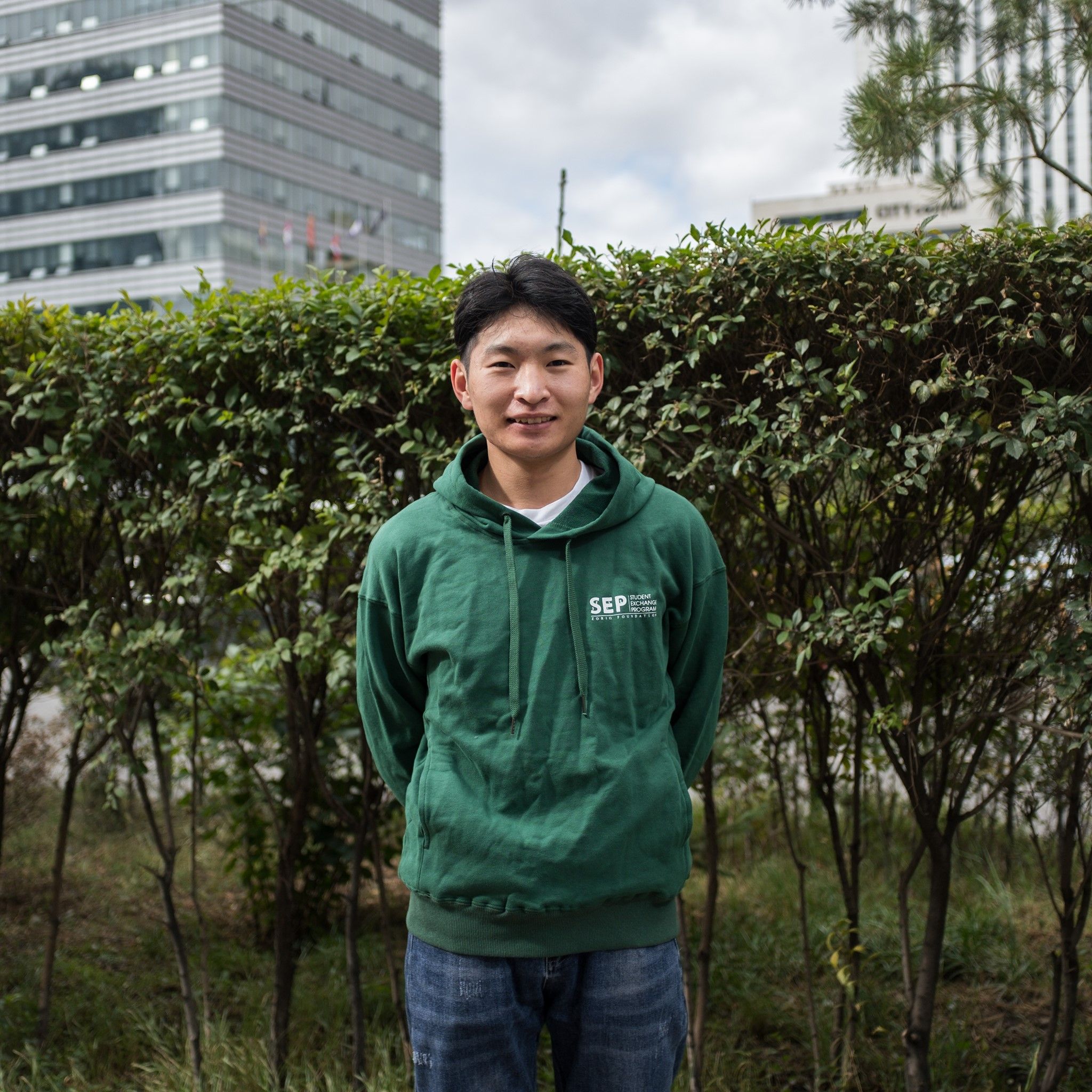/Programs
Student Empowerment Program
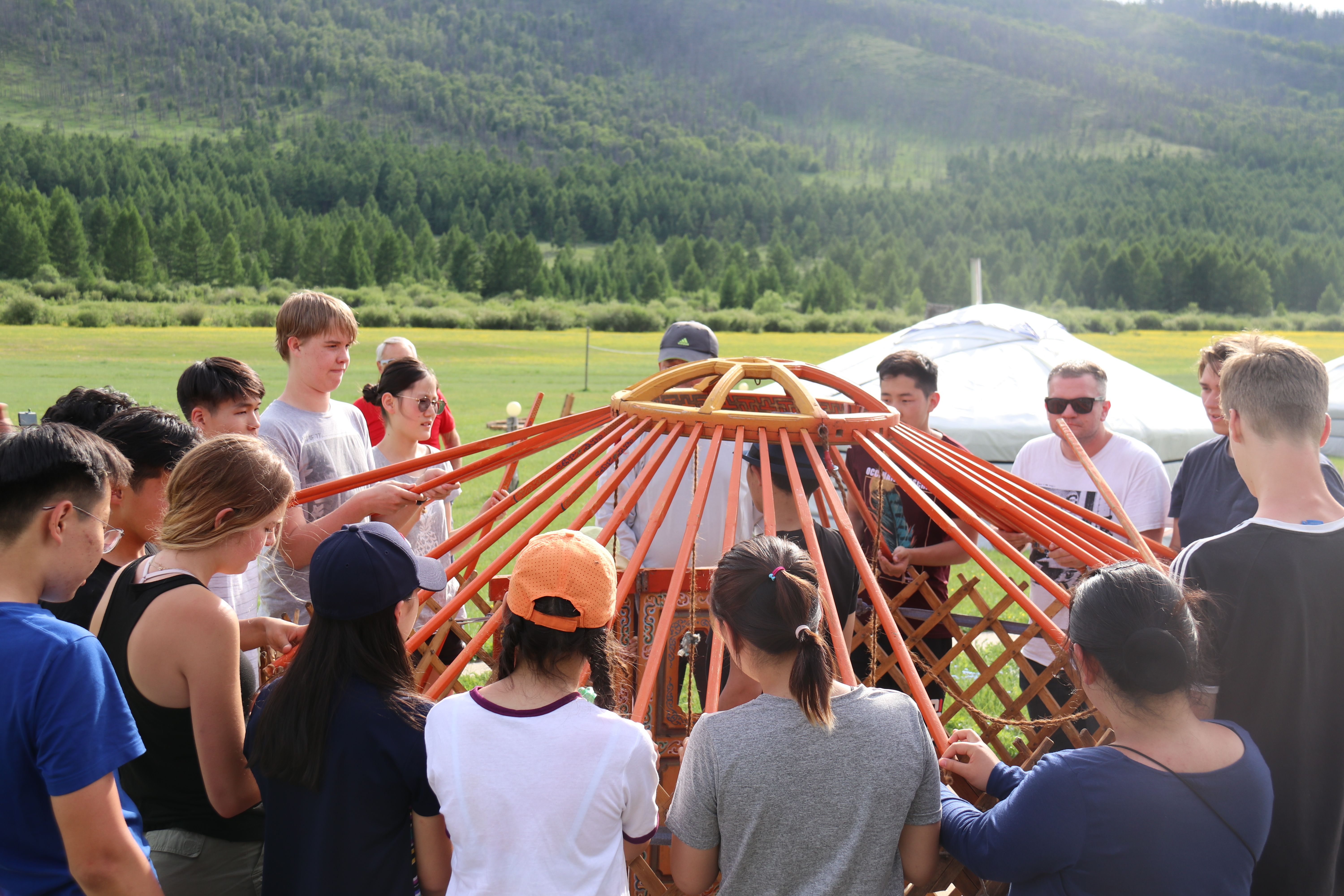

The Student Empowerment Program, previously the Luby-Jenkins Student Exchange Program, implemented by the Zorig Foundation in partnership with the Mongolian Education Foundation, aims to empower secondary school students seeking to enhance their understanding of democracy and increase their civic engagement. The program was initiated by Walter Jenkins, President of the Zorig Foundation in the United States, in 2004 to help students develop into responsible and adept members of society, nurturing their leadership capabilities and providing them with a profound understanding of societal dynamics, and has evolved into various formats over the years.
Program details
Program duration
8 months
Number of participants
20-25
Program fee
Free
Program starts
October every year
By the numbers:
Established year
2004
Alumni
1000+
Community development projects
27
Donors:
Current
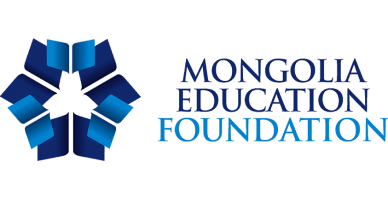
Past
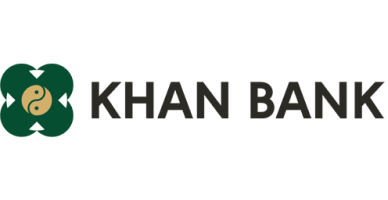
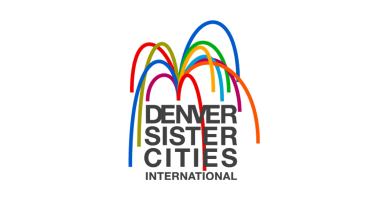
FAQ
Applicants must be 10th and 11th-grade students in Ulaanbaatar, aged 15-17, and have an intermediate or higher level of English, with a genuine desire for self-improvement and to contribute to the solution of community issues.
Participating in the program presents a myriad of advantages, including the development of leadership skills, a deep understanding of societal issues, and engagement in community-based volunteer work.
To apply for the program, complete an online application. Applications and essays can be written in either Mongolian or English. Successful applicants proceed to a one-on-one interview.
The selection process involves an initial review of written applications, followed by interviews with shortlisted candidates. Following the second round of interviews, 20-25 participants will be chosen for the program based on their dedication to actively engage in the program and their potential for learning and personal development.
When designing the program, we established this high-school grade boundary considering several factors. Seniors in grade 12 usually focus on significant life transitions, such as graduation and college preparation, while students in 9th grade or below might not yet be fully prepared for independent social interactions.
If selected for the program, participants must attend weekly in-person meetings and undertake short-term internships in Ulaanbaatar. Therefore, participants need to be currently residing in Ulaanbaatar.
Throughout the program's duration, participants will engage in a variety of activities such as lectures, workshops, and thematic study tours, and implement a community development project. These activities are scheduled weekly outside of school hours.
As high school students, we need all sorts of skills to succeed, but a lot of them aren't taught in school. During the SEP program, I got to attend interesting trainings led by experts in different fields. I met people like the Mayor of Ulaanbaatar and the U.S. ambassador to Mongolia and got to learn about what they do. The American-Mongolian student exchange days were so much fun, and I made some unforgettable memories. But the best part of the program for me was working on our project. It wasn't easy—we had to find funding, plan meetings, and come up with ideas, and I had to step out of my comfort zone a lot. But in the end, I got to see how everything we learned could make a difference in our community. It was an amazing experience, and I think SEP is one of the best programs for high schoolers.
Ts.Yuljalsengee
SEP 2019 Alumnus
